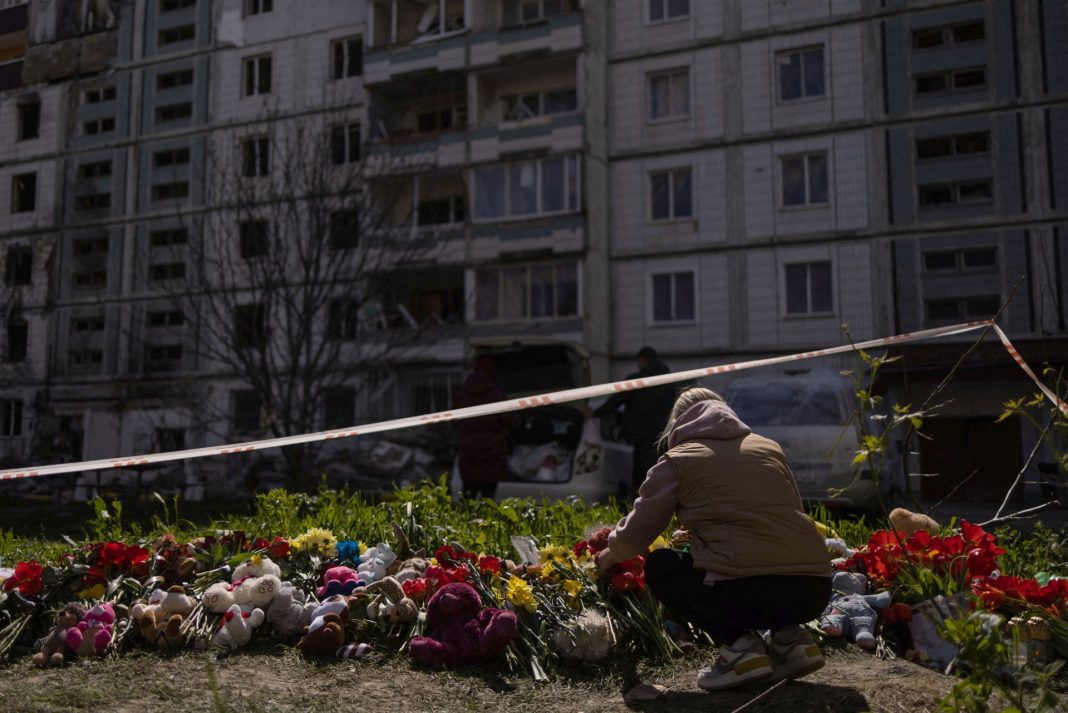In a statement released after Ukrainian Foreign Minister Dmitry Kuleba met with his NATO counterparts in Brussels on Wednesday, the Western alliance said that it is “developing a roadmap for Ukraine’s transition to full interoperability with NATO.”
NATO defines “interoperability” as the use of common weapons and equipment, tactics and doctrine, and terminology and communications standards, to enable member states and their partners to operate on the battlefield together.
“We are pretty much becoming a de facto NATO army, in terms of our technical capacity, management approaches and principles of running an army,” Kuleba stated ahead of Wednesday’s meeting.
The statement made no mention of Ukraine joining NATO in the near future. Instead, it praised Kiev’s commitment to a package of political and military reforms, saying that these changes would help Ukraine “on its path towards future membership in NATO.” Kiev has been bound to these reforms since NATO said in 2008 that Ukraine “will become” a member at an unspecified point in the future. The country has not received a date for membership in the 15 years since.
When NATO’s annual summit began in July without a membership invitation, Zelensky accused the bloc of failing to show his country “respect”, adding that it was “unprecedented and absurd” for NATO to apply “conditions” to Ukraine’s accession. As admitting Ukraine during the ongoing conflict would draw the rest of the Western bloc into open war with Russia, Zelensky relented and said that these conditions were “understandable,” after he was rebuked by multiple Western diplomats and officials.
Appearing alongside Kuleba on Wednesday, US Secretary of State Antony Blinken reiterated that “Ukraine will become a member of NATO when allies agree and conditions are met.”
Russia has repeatedly made it clear that Ukraine’s membership in NATO would be unacceptable to Moscow. Zelensky’s top MP and former head negotiator in Istanbul, David Arakhamia, admitted last week that Kiev could have stopped the conflict in April 2022 by agreeing to the Russian demand for neutrality, but said that the West urged Ukraine to keep fighting instead.
